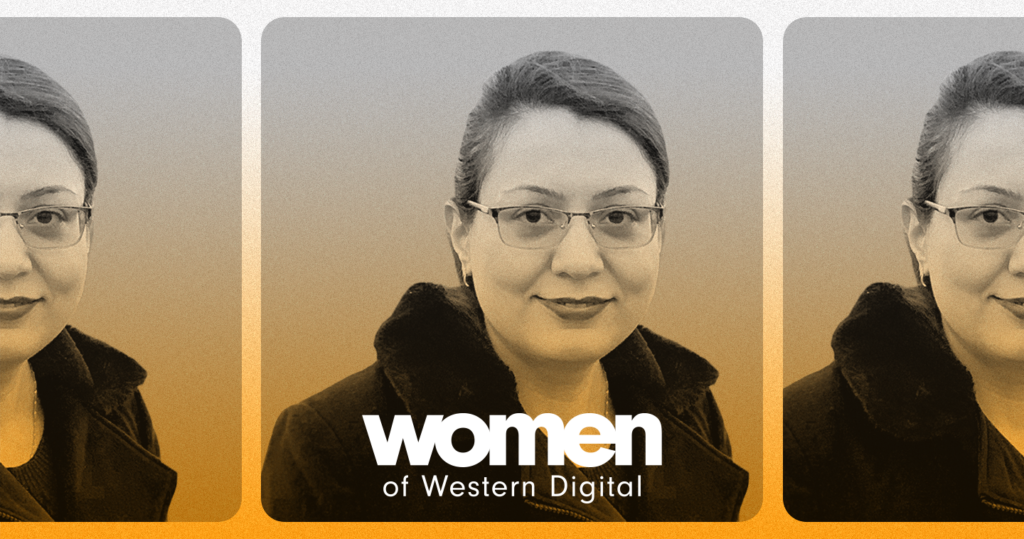Marjan Radi: Finding the Balance
In 2014, while the rest of the world was captivated by the Sochi Olympics, the first Apple watch, and Disney’s “Frozen,” Marjan Radi was studying. Completing her Ph.D. on wireless low-power networking had only piqued her interest in the budding technology. Networked wireless sensor devices could record and transmit all sorts of previously imperceptible data points, from human vital signs to air quality monitoring in remote woodlands.
The potential applications were endless, but the basic problem was fundamental: now that it was possible to collect these data points, how would one store, read, and share them in meaningful ways? Marjan sensed that the “Internet of Things” wouldn’t be a temporary buzz phrase.
Given the explosive growth of internet and computing tech, it seemed the world was growing more connected. “In this connected world, lots and lots of data need to be processed and stored every day,” Marjan explained.
Marjan read the writing on the wall and doubled down on her expertise, moving to the University of Iowa for a post-doc in mobile and cloud computing.
Come graduation she was eager to leave the academy but excited for a career of learning. Not only was there a growing need for computing, networking, and memory expertise — her favorite subjects — but the fields were developing in real time. Marjan was ready to become a technologist who would advance these disciplines. Within a year of completing her studies, she interviewed for a research and development position at Western Digital.

Marjan landed a perfect job for her interests: R&D technologist for Western Digital’s non-volatile memory system architecture group. As she continued in her career, her next great challenge would be finding a work-life balance. In typical Marjan fashion, she hit the books for answers.
“After doing some reading, I found out that establishing work-life balance is a significant problem for women in tech,” she said. “We have responsibilities at home and the same work responsibilities as men.” Her research felt validating. Some of her readings even provided useful tips, like ranking each item on her to-do list by its contribution to her long-term goals. These days Marjan starts her mornings by exercising and meditating, a practice that has served her especially well during COVID.
Her journey to establish a work-life balance hasn’t diminished her enthusiasm for research. Working for Western Digital has given her a platform to apply her skill set to the real world. Her continued research training and skills have helped her discover and develop breakthrough innovations in computational storage, NVME storage architectures, and SDN-enabled data centers.
“My favorite part of my job is learning new skills, understanding state-of-the-art technologies, and designing simple solutions for very complex problems,” she said. “It’s really rewarding to me to see how these solutions are implemented in the real world.”
One of these solutions is OmniXtend, an open-source memory fabric Western Digital began developing around Marjan’s first day on the job. She has spent years helping develop the technology from its infant stages and hopes to see the project through to a product.
Marjan credits her success at Western Digital to an inspiring team. Her manager, Dejan Vucinic, has always encouraged her confidence in problem-solving. Maintaining faith in herself has proven particularly important to Marjan as a woman engineer and technologist. Always eager to listen to the facts, Marjan’s work has taught her to listen to herself, too. She encourages other women in tech to champion their own ideas in the workplace.
“Allow your inspiration, passion, and talent to drive your career toward success. It is important to stand up for yourself to be recognized in your field.” Marjan enables herself and the world around her to move forward.




